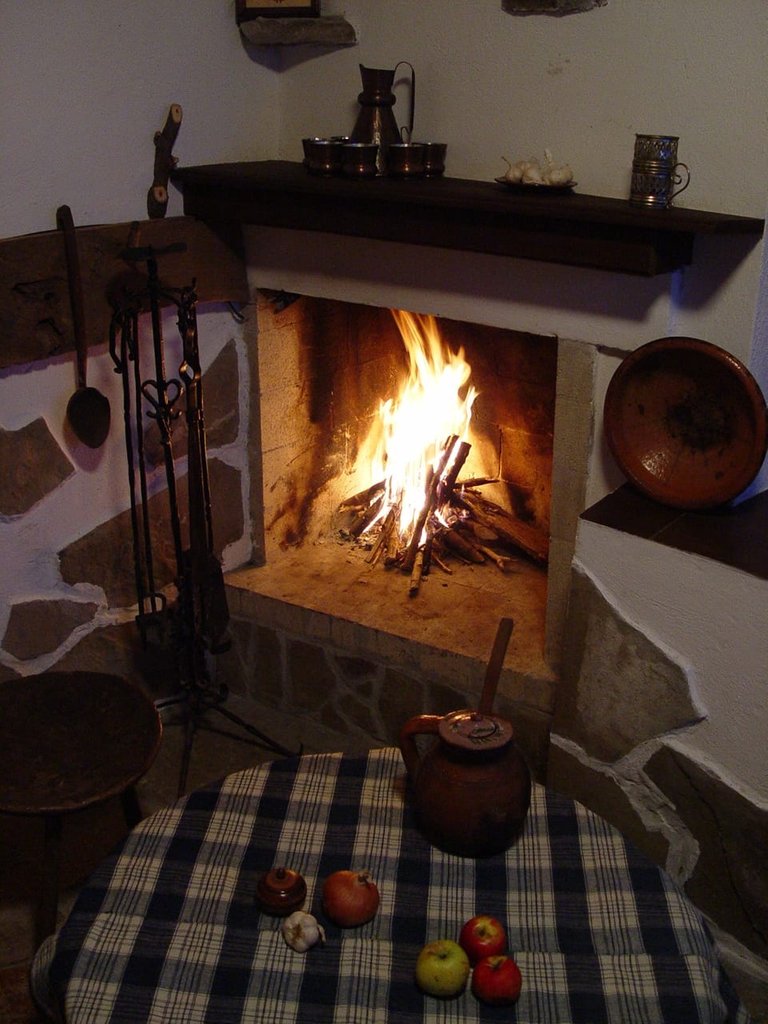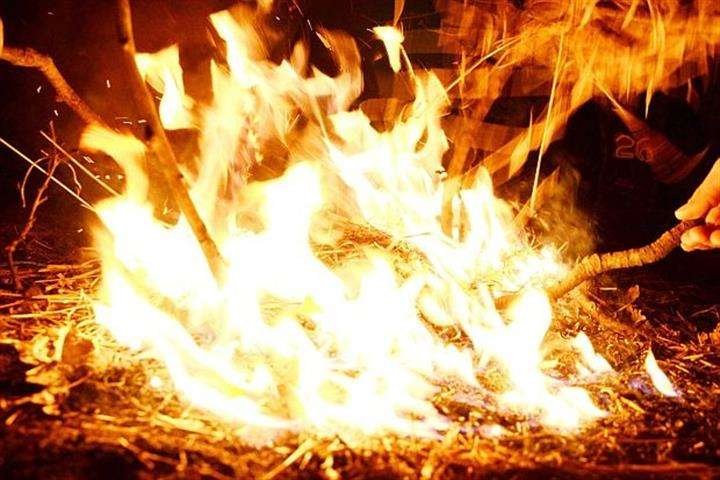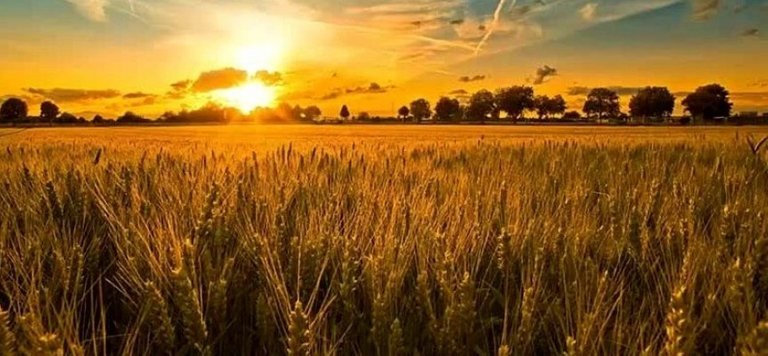
The fire in the Bulgarian way of life and culture symbolizes the Sun. The hearth is a very important element in Bulgarian life. The fire in it is maintained without extinguishing throughout the year.
The coals are buried in the ashes so that they do not go out at night and in the morning the fire is lit. He is the personification of the male solar principle, of fertility, of a good harvest and procreation. There are many mystical and magical rituals connected with fire, which I will tell you about. This is the Fever custom. They are so called because these are the hottest days in July. These are the days 15, 16 , 17.
Each of them has a name: First hot, Hot, Churùta, Churuliga, Muruliga, Churetsi, Second Fever, Third Fever, St. Marina, also known as St. Marina Ognena. On the first day in the evening the hearth is extinguished. No housework, field work is done and no bathing is done. The first and last day are strictly observed. Then he does not dig, reap and gather hay in bundles, because it ignites on its own. In different parts of the country it was believed that anyone who worked in those days would suffer from fire. After extinguishing the fire in the hearth is taken a new one with new force, because they say over time the fire loses its strength and once a year is extinguished on July 15.
It is said that the ritual is performed by two twin brothers, or if the village has no twins, this task is given to two boys with the same name, but only they in the village have it. They went into the forest, stripped naked and took thin branches or trees, began to rub them until they caught fire, piled branches and trees on them, and made a large fire. It is July 17 or for the Orthodox Church it is the feast of St. Marina. Then the whole village comes to take from the new fire, some jump over the fire, because there is a belief that the sand of the fire of St. Marina will not get sick and will not catch fire. In those days, one wondered what the winter would be like? If the days are hot, the winter will be harsh. These days are celebrated by the people who work with fire - blacksmiths, blacksmiths, potters, bakers. During these days no bread is cooked and baked. It is also said that after Goreshtitsi, the sittings and the views begin.
Огънят в българския бит и култура символизира Слънцето. Огнището е много важен елемент в бългаският бит. Огънят в него се поддържа без да се загася през цялата година. Въглените се заравят в пепелта , за да не изгаснат през нощта и на сутринта се запалва огъня. Той е олицетворение на мъжкото соларно начало, на плодородие, по добра реколта и продължение на рода. С огъня са свързани и много мистични и магични ритуали, за който ще ви разкажа. Това е обичаят Горещници.Наричат се така, защото това са най- горещите дни през месец юли 15, 16, 17.
Всеки от тях си има име: Първи горещняк, Люта, Чуру̀та, Чурулига, Мурулига, Чу̀реци, Втори горещняк, Трети горещняк, Св. Марина, известна още като Св. Марина Огнена. На първият ден вечерта се загася огнището. Не се работи никаква домакинска, полска работа и не се къпе. Най строго се спазват първия и последния ден.Тогава не се копае, жъне и прибира сено на снопи, защото се запалвало от самосебе си. В различни краища на страната се вярвало, че който работел на тези дни ще пострада от огън. След изгасяне на огъня в огнището се взема нов с нова сила, защото казват с времето огъня губи своята сила и веднъж в годината се гаси на 15 юли.
Казват, че ритуалът се извършва от двама братя близнаци или ако селото няма близнаци, тази задача се дава на две момчета с едно и също име, но само те в селото да го имат. Те отивали в гората, събличали се голи и вземат тънки клони или дървета, започват да ги търкат, докато се запалят, натрупват върху тях клони и дървета и правят голям огън. Това е на 17 юли или за православната църква това е празника на света Марина. Тогава идва цялото село да вземе от новия огън, някой прескачат огъня, защото има поверие, който прескочи огъня на света Марина няма да се разболява и няма да го лови огън. По тези дни се гадаело, каква ще бъде зимата? Ако дните са горещи зимата ще е люта.Тези дни празнуват хората, които работят с огън - ковачи, железари, грънчари, хлебари. През тези дни не се готви и пече хляб. Казва се също, че след Горещици, зпочват седенките и сгледите.


!LUV
@pagane, you've been given LUV from @projectmamabg.
Check the LUV in your H-E wallet. Daily limits change soon, check @LUVshares (1/3)
Sorry, out of BEER, please retry later...
!LUV
<><
@pagane, you've been given LUV from @hivebg.
Check the LUV in your H-E wallet. LUV changes soon. (6/10)
!LUV
<><
@pagane, you've been given LUV from @hivebg.
Check the LUV in your H-E wallet. LUV changes soon. (7/10)
!BEER